The Secret To Having a Safe and Hygienic Kitchen
The kitchen is usually one of the most popular rooms in a home. That is why it is so important to keep it clean and maintain good hygiene.
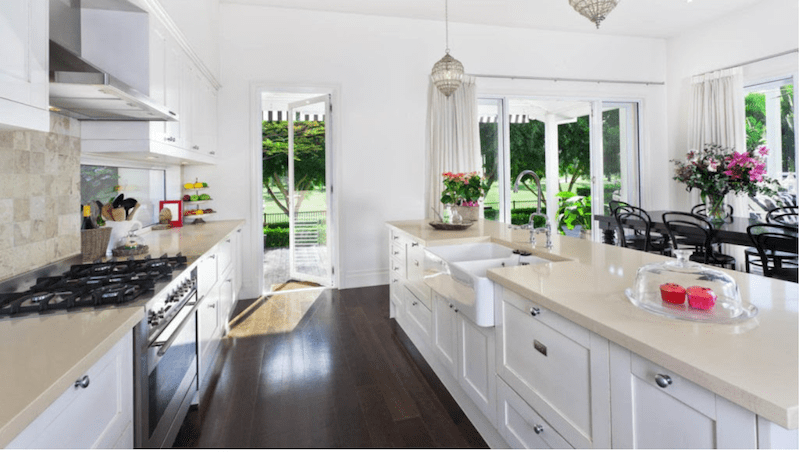
The kitchen is usually one of the most popular rooms in a home. Whether it’s just preparing food, cooking, eating, or just hanging out, the kitchen is the heart of a home. That is why it is so important to keep it clean and maintain good hygiene. Even though your shiny, spotless kitchen may not look it, it is a hotbed for bacterial activity. And we don’t have to tell you how critical it is to ensure proper hygiene in the kitchen when cleaning, cooking, and storing food in order to prevent food-borne diseases such as diarrhea, E Coli and even hepatitis A. Keeping your kitchen safe includes different things, including practicing good hygiene and proper food handling practices.
Here’s a list of things you should practice to keep your kitchen clean, safe, and hygienic.
1. Wash Your Hands
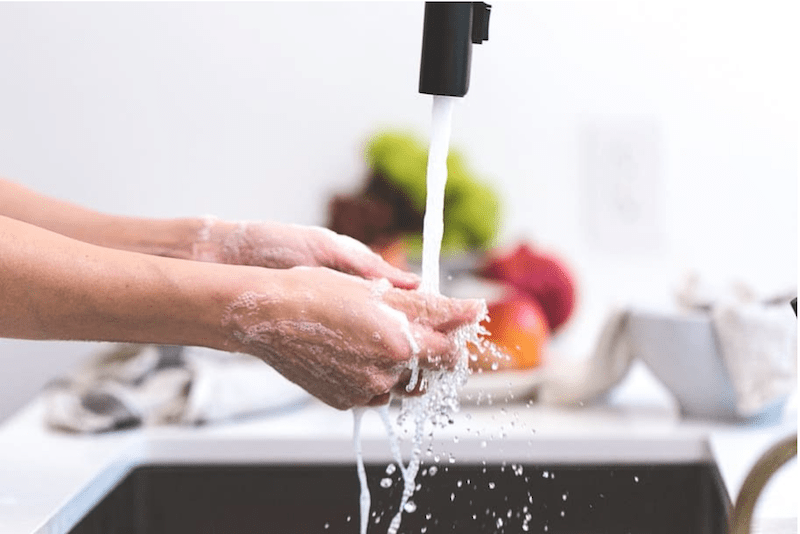
Even though this might sound simple and obvious, It is probably the most effective way to maintain good kitchen hygiene. Many diseases spread from person to person when someone doesn’t wash their hands before handling food. Regular hand washing is one of the most essential kitchen hygiene practices and research suggests that 75% of all food-borne diseases can be stopped by just washing your hands properly.
2. Sanitize Sponges, Dishcloths & Cutting Boards
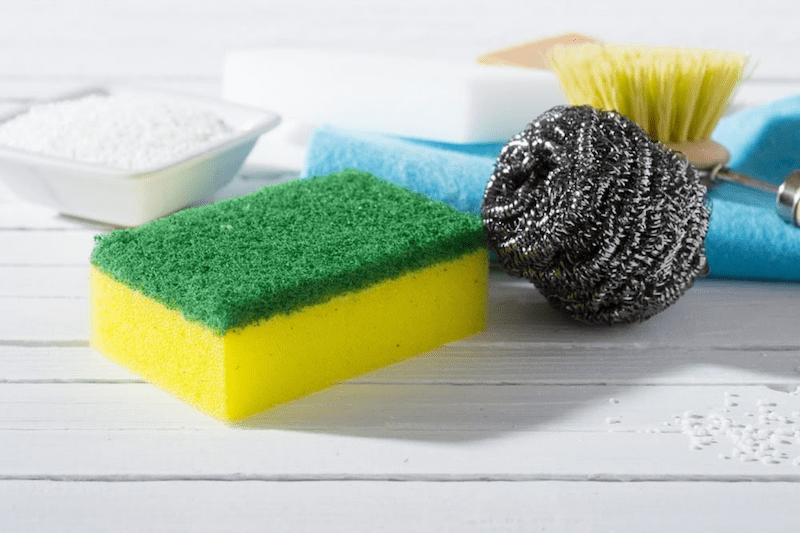
Dirty and contaminated sponges and dishcloths are a perfect host for growing bacteria. Soak your dishcloths and sponges in a solution of liquid chlorine bleach and warm water to clean and disinfect them once every couple of days. Boiling them works better. Bits of food left on a chopping board will soon breed bacteria. The average cutting board has twice the number of bacteria on it than a typical toilet seat. So, scrubbing down your board immediately after use with warm soapy water is vital to stop them from spreading.
3. Gas Stove
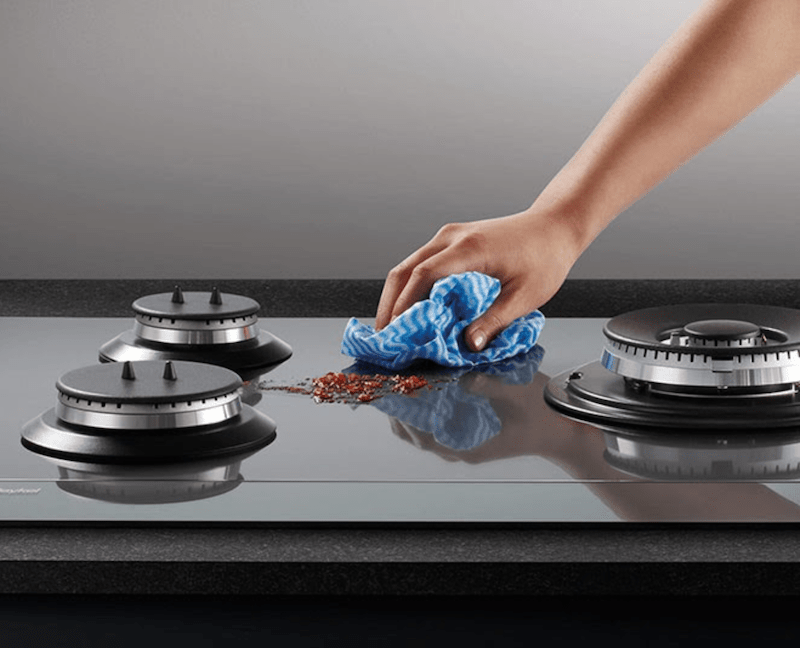
The gas stove is one area which can become a breeding ground for bacteria infections over time. With every spill, the chances of infection grow exponentially. Most experts suggest cleaning the spills as soon as it happens or at least after every meal with a mix of soap or detergent and water. This simple practice is a good way to maintain the cleanliness and hygiene of the kitchen.
4. Kitchen Counters
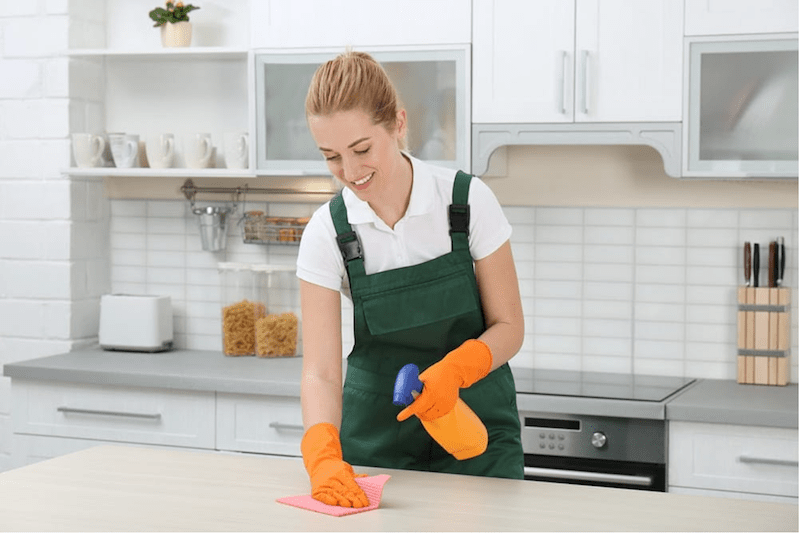
Kitchen counters see a lot of activity in a day. Kitchen counters are where vegetables, fruits, and other ingredients are kept before washing and storing them. So it is imperative that counters and slabs are kept spick and span in order to prevent the spread of bacteria. You can use a solution of soap and water or a solution of water and liquid chlorine bleach to thoroughly clean your kitchen twice a week.
5. Scrub the Sink
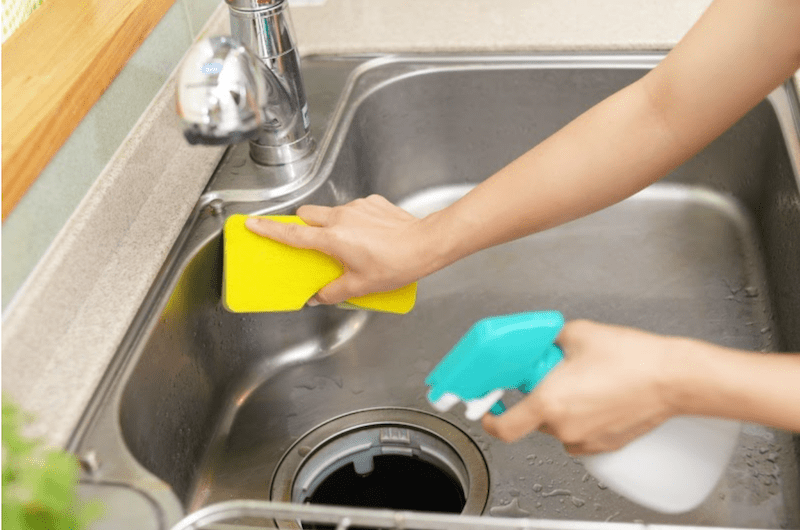
Research shows that the sink is crawling with even more bacteria than the garbage bin. This is one of those kitchen hygiene rules that doesn’t take much time, but that is well worth doing: just give your sink a quick scrub with a scourer and a spritz of kitchen cleaner once a day.
6. Get Rid of Flies, Cockroaches and Other Pests
Pests such as flies, cockroaches, and ants are not just a nuisance. They bring all kinds of dangerous diseases with them. So do rodents and lizards. Getting rid of them once they infest is almost impossible without professional help. If you have a pest infestation, HomeTriangle has a database of pest control service providers in Bangalore and all over India who are highly skilled and experienced. Preventative pest-control is also a good way to ensure that your house doesn't get infested in the first place.